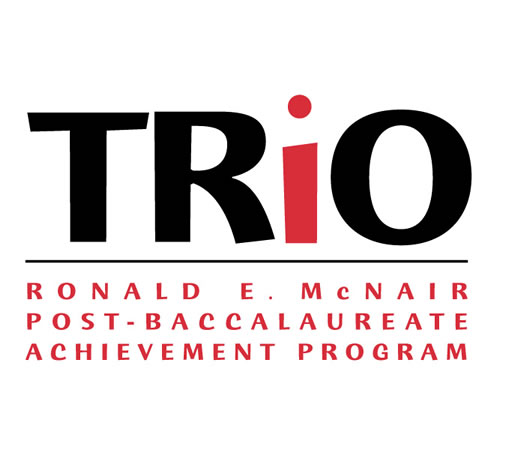Document Type
Poster
Publication Date
2011
Publisher
University of Nevada, Las Vegas; Center for Academic Enrichment and Outreach
Publisher Location
Las Vegas (Nev.)
Abstract
Children are called to give testimony for highly emotional during court cases. Research indicates that children in a negative emotional state recall with lesser vividness (Berliner et al. 2003) and are more likely to incorporate false information (Levine, Burgess & Laney, 2008). The present study will examine this further by examining the influence of negative and positive emotional states on recall and recognition in child-normed lists within the Deese-Roediger-McDermott (DRM) paradigm. The DRM paradigm is a cognitive task that relies on gist memory for remembrance of the critical lure in semantically associated word lists. It is expected that the eight year old children in a negative emotional state will have greater occurrences of false memory than the five year old children in either emotional state and eight year old children in a positive emotional state. Implications for the results will indicate that child eye witnesses may attempt to accommodate during testimony by assenting to leading questions or elaborating the details of event to fill in the gaps of a traumatic memory.
Keywords
Child witnesses; Children; Emotions in children; False memory syndrome; Memory in children; Recollection (Psychology)
Disciplines
Behavioral Disciplines and Activities | Other Mental and Social Health | Other Psychiatry and Psychology | Physiological Processes | Psychiatric and Mental Health
File Format
File Size
2.052 KB
Language
English
Rights
IN COPYRIGHT. For more information about this rights statement, please visit http://rightsstatements.org/vocab/InC/1.0/
Repository Citation
Cornejo, P.
(2011).
Children's Emotional State and False Memory in the DRM Paradigm.
Available at:
https://oasis.library.unlv.edu/mcnair_posters/8
Included in
Behavioral Disciplines and Activities Commons, Other Mental and Social Health Commons, Other Psychiatry and Psychology Commons, Physiological Processes Commons, Psychiatric and Mental Health Commons


Comments
Mentor: David E. Copeland